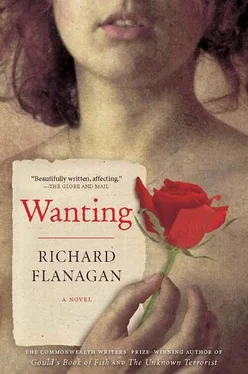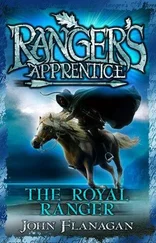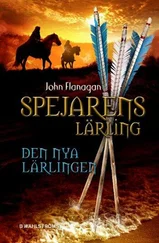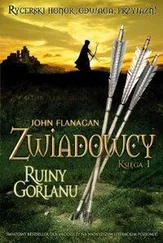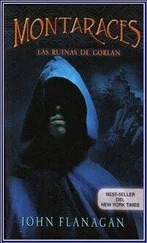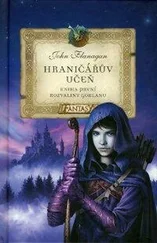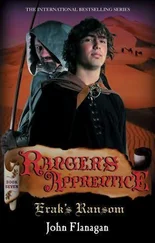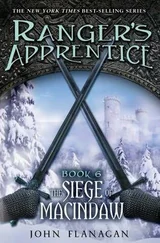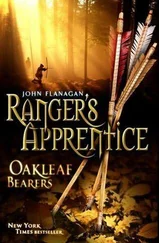The children slunk away from Lady Jane like animals, one part fearful and two parts desperate for food and life; the only sleek and content being she saw in this grove of misery was a large ginger tomcat, fat on the rats that even at this hour sported along the shadowed kickboards. Lady Jane tried to talk to one boy, but he seemed indifferent to her or anybody or anything, as though he had withdrawn from life. She asked other children: did they get enough to eat? was all well here?
But they seemed not to hear, far less comprehend. Their faces were subdued and empty, their skin chapped and often scabby, their expressions expressionless. Lady Jane noticed an eerie absence of whispering or pulling hair or giggling. The children seemed too exhausted to do much more than cough and hack and scratch, beset with everything from consumption to dysentery to chilblains, the tormented wounds of which scabbed their arms with bloodied buttercups.
Though the orphanage was but a few years old, there was a stench about it. Lady Jane could identify one scent as that of decay, but beyond it, over it, was another odour she could not name, that she would later describe in her diary only in the vaguest terms: the place smelt, she wrote, ‘ of something wrong ’. It was a smell trapped in the putrid canvas hammocks she now walked past in the stinking dormitory, their umber weave mottled with large florettes of urine and blood, it was embedded in the ammoniacal rough floor boards, it was embodied in a small mound of angry red and yellow flesh that lay in a rude cot in a corner, wrapped in lint and greased like a cold roast potato.
‘House fire,’ said the Warden in a low whisper. ‘Mother burnt to death. Only girl saved.’
Apart from an occasional low, long whimper, the child gave no sign of pain or interest. Instead she merely stared at the ceiling with intensely vivid blue eyes that looked as if they had been mistakenly buried in charred pork, as if they were wondering why it was taking so long to be interred in one of the toy-sized coffins that waited, white-painted, racked and ready, in the cellar storeroom where Lady Jane was next taken.
‘Marvellously and completely self-contained, we are,’ said the Warden as he raised the lantern around his macabre store. ‘Our boys make these themselves.’
Leaving the coffin room, Lady Jane asked to be excused the rest of the tour, and so instead they went to the second-storey dining room, in which the officials of the institution took their meals and from where it was possible to look out on a rear courtyard where the children passed their idle time. Through the whirling glass she looked down on that muddy square.
Lady Jane swallowed.
Were it not for Mathinna’s colour, she would not have recognised the already scabby, shaven-headed child in a drab cassock who sat alone and unmoving in the dirt below. When hit in the face by some mud hurled at her by another child, Mathinna bared her teeth and appeared to hiss, which, oddly, seemed to put an end to the attack.
Lady Jane had come to take her home. She did not care what her fool husband thought or did, or what the wretches that passed for colonial society might say. She had intended simply stating her desire and leaving immediately with Mathinna. But something stopped her from saying what she wished, from doing what she desired. Instead she said she hoped Mathinna was eating properly.
‘Eating?’ said the Warden, who had come to stand at the window with Lady Jane. ‘Eats nothing. Except insects.’
There was a long silence. Even words seemed unnecessary luxuries at St John’s.
‘My dear Warden,’ Lady Jane began, then halted and shook her head. She just wanted to leave.
The Warden leant in closer. ‘Yes, Lady Jane?’
‘Mr—how do I say this? The child never ate insects all the years she was with me.’
‘She has reverted to type,’ said Mrs Trench, who now joined them.
‘Did she,’ asked the Warden, ‘hide her true nature from you? All those years? Is what we see below the truth of these people?’
They stared for a few moments without speaking at the mud-spattered, bedraggled girl. Lady Jane’s vision began blurring, and she turned to face the Warden.
‘She struck me as…’ said Lady Jane, but some certainty, some conviction, was missing from her voice, from the words spilling from her mouth. She brushed her eyes with a kid-gloved finger. ‘At least, initially, that is, she—she appeared intelligent, seemed—’
‘Intelligent?’ said the Warden, as though it were a matter to ponder. He seemed deeply understanding, and his understanding was somehow terrifying and impossible for Lady Jane. He smelt of smoke and sounded like clanging iron. ‘No,’ said the Warden finally. ‘Never that.’
‘Rat cunning, more like it,’ said Mrs Trench.
‘Animal instinct,’ said the Warden, ‘highly honed. As Mrs Trench—much experienced with the savages—has alluded to. Do we commit Rousseau’s fallacy? Thinking rat cunning equates with humanity or civilisation? No. Why? Because when rewarded, the child pretended to one thing. But here we see that they are capable of the grossest deceit. Precisely because progress is impossible, they regress quickly.’ He looked Lady Jane in the eyes and his thin lips slowly formed a pained smile of knowing compassion. ‘Is this painful for you to hear? I know, Ma’am. How can it not be? But to us here at St John’s Orphanage, they are all God’s children. Wherever they come from, Ham or Abraham, it matters not.’
The Warden believed in God’s love and pity. A terrible love. A most terrifying pity. And against all that belief and all that love and all that pity, against all the questions already answered, even a spirit as indomitable as Lady Jane’s faltered.
She swung back to the swirling glass and the sight of Mathinna beyond, so buffeted by waves of memory and emotion she thought she might sink beneath them. How she longed again to hear the tinkling of the bell as the child made her way around the house. For arms wrapping around her legs and waist, grabbing and holding her. Why had she pushed the child away when she had secretly longed to be so grabbed and held?
And then she could no longer hold down that deep buried feeling. She could no longer deny the memory of her three miscarriages. She could not forget her grief, and then the cruel awakening to her barren body, her loneliness, her inescapable sense of shame as a woman, her desperate desire for a child, her pride that rescued her and then crushed her and made her move relentlessly and constantly, desperately seeking to raise herself and her husband forever after, as though they might somehow escape the gravity of her grief.
Until that day on Flinders Island when she had seen Mathinna dance in a white kangaroo skin, Lady Jane had deluded herself that it was science, reason, Christianity; that the ruse of a noble experiment might somehow bring her the mystery that other women took for granted, but she never admitted what it really was that she longed to know: the love of a mother for a child.
She wished to rush down to the filthy courtyard, grab Mathinna and steal the frightened child away from all this love and pity, this universal understanding that it was necessary that she suffer so. She wished to wash and soothe her, to whisper that it was all right, over and over, that she was safe now, to kiss the soft shells of her ears, hold her close, feed her warm soup and bread. She wished to be the mother she had tried so hard never to appear, to put her nose in Mathinna’s wild hair and comfort and protect her, and revel in her difference and not seek to destroy it, because in that moment she knew that the destruction of that difference could only lead, in the end, to the terrible courtyard below, and the white coffins below that.
Читать дальше
